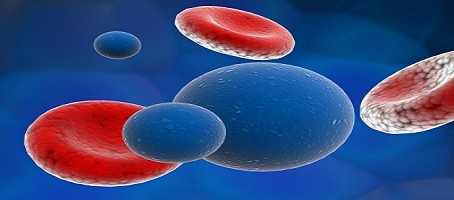Researchers in Scotland have developed a procedure which reduces the number of donors required for islet cell transplants.
Islet cell transplants involve taking the insulin producing cells (beta cells) out of the pancreas of a donor organ and transplanting them into the body of someone unable to produce enough of their own insulin. Typically two donors are needed to provide enough islet cells for the transplant to be a success.
Islet cell transplants are relatively rare because of a lack of suitable donors and have therefore been reserved for people with type 1 diabetes that have very difficult to control diabetes, particularly where hypoglycemia significantly impacts upon quality of life.
The new technique involves giving an initial transplant from one donor and then using part of the donated cells to grow further beta cells which are then transplanted into the recipient in a second transplantation procedure.
The technique has so far been successfully tested in rodents but will require further studies before it can be deemed safe for trials in humans with type 1 diabetes. If the procedure is shown to be safe and effective in humans, it could help to reduce waiting times for an islet cell transplant and could increase the number of these transplants that can be performed each year.
It will be interesting to see if research will progress in future to enable the use of people with type 1 diabetes’ own remaining islet cells to grow enough cells to perform a successful transplant.
The research has been carried out by The University of Aberdee, Edinburgh University and the Scottish National Blood Transfusion Service.
What's new on the forum? ⭐️
Get our free newsletters
Stay up to date with the latest news, research and breakthroughs.







